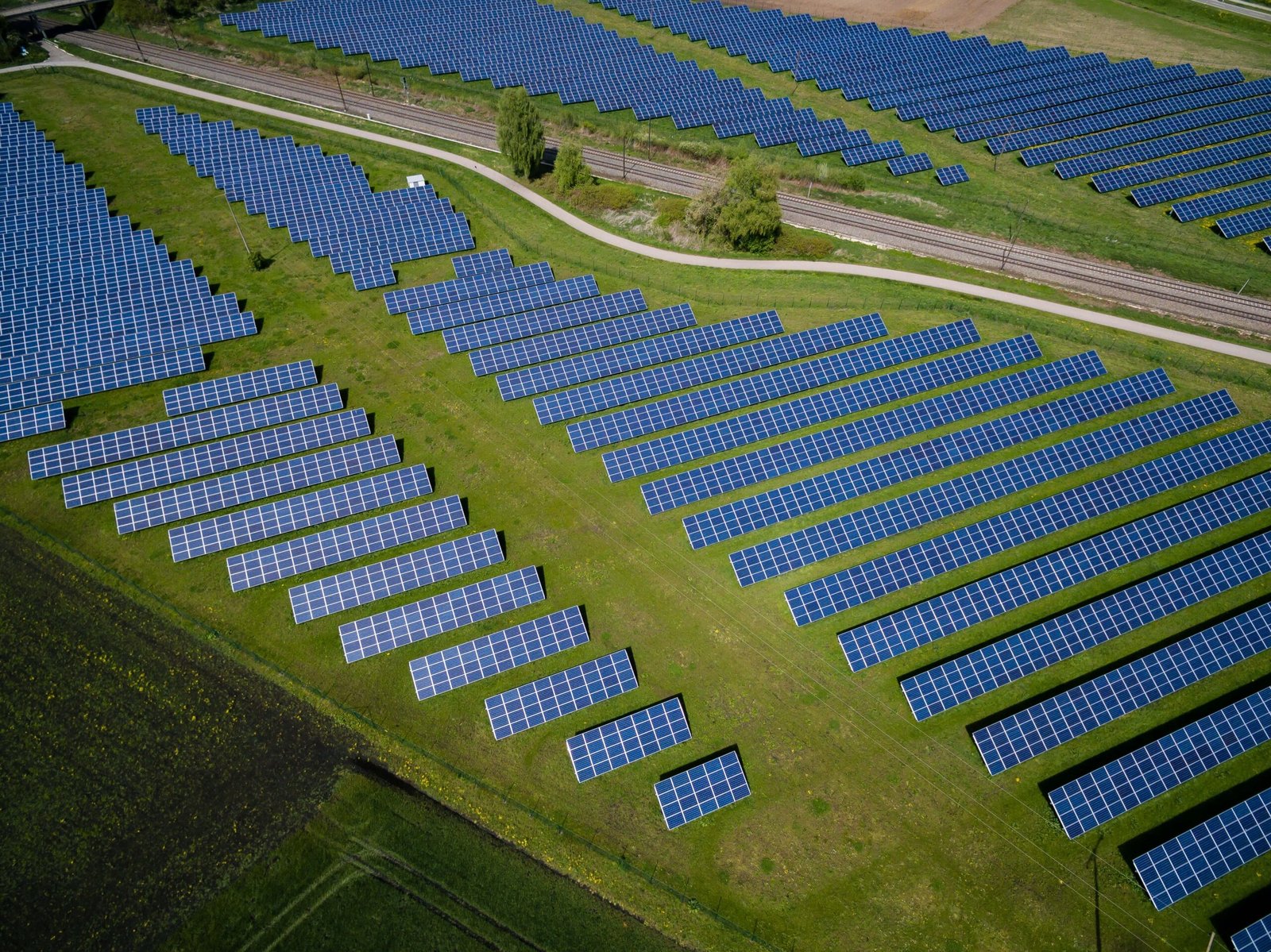In recent years, a surge in global protests has ushered in a new era of political activism worldwide. From Hong Kong to Chile, Lebanon to Sudan, diverse voices unite to demand change.
These protests stem from factors like social inequality, government corruption, and democratic erosion, often ignited by emblematic incidents. Their defining characteristic is decentralized grassroots mobilization and social media’s pivotal role. Platforms like Twitter and Facebook connect activists globally, bypassing traditional gatekeepers.
Social media empowers marginalized voices and fosters adaptability. Protesters nimbly adjust strategies, employing encrypted messaging apps when faced with crackdowns. These movements transcend borders, sharing tactics and creating solidarity among activists worldwide.
Their impact is profound. Some protests yield concrete policy changes, while others ignite vital conversations about pressing issues. However, governments respond with varying degrees of repression, underscoring the enduring struggle for justice and equality.
As we embark on a new decade, global activism persists. Recent protests illustrate the collective power of ordinary citizens to drive change. They beckon governments and institutions to heed their citizens’ voices and address their concerns.”
Whether it is climate change, income inequality, or human rights abuses, the issues that drive these protests are interconnected and require global solutions. Only through international cooperation and solidarity can we hope to build a more just and equitable world.
As we look to the future, it is important to remember that change is possible. The worldwide protests we have witnessed are a testament to the power of collective action and the resilience of the human spirit. They remind us that the struggle for a better world is ongoing, and that each of us has a role to play in shaping the future.



